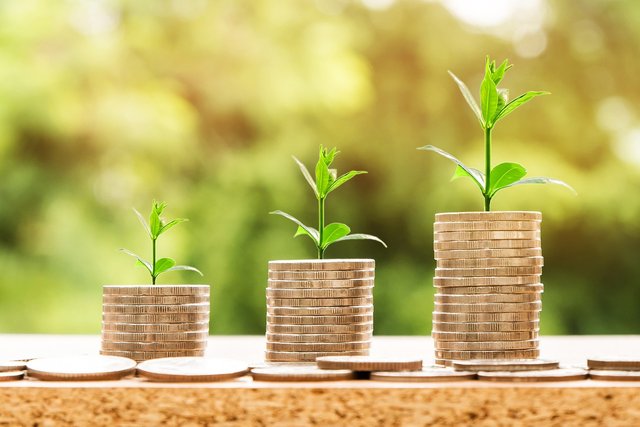🅸🅽🆅🅴🆂🆃🅸🅽🅶 🅸🆂 🅰🅽 🅰🆁🆃, 🅽🅾🆃 🅰 🆂🅲🅸🅴🅽🅲🅴

Otherwise, mathematicians or accountants would be the most successful investors.
That's not the case.
But what exactly is the art of Investing?
And what do the Superinvestors do differently?
Here are my conclusions from analyzing Superinvestors:
- 🆃🅴🅼🅿🅴🆁🅰🅼🅴🅽🆃
One common denominator, and arguably the most important one, is temperament.
Rational decision-making, no tendency to extremes, and an innate skepticism towards everything that sounds "too good to be true."
While I believe there are certain things one can do to make smarter decisions (we'll get to that), I'd say that this has to be part of your DNA.
From personal experience, I can say that it's always the same people that suddenly start investing when there is a huge bull run and stop when the hype is over (with lots of money lost).
- 🆃🅷🅴 🆁🅸🅶🅷🆃 🅵🅾🅲🆄🆂
Another thing Superinvestors have in common is an extraordinary talent to focus on what's important.
This goes for micro and macro decisions.
Micro:
They're able to break down a business into its most important parts and focus on them.
No noise or unnecessary valuation of things you cannot know or that add no value.
Macro:
While most Superinvestors base their investments on the micro level, they keep an eye on extreme macro circumstances (exuberance or depression).
Marks is known for that.
And because they only focus on the macro environment when the degree of exuberance or depression is historically unique, they often make the right (and easy) calls.
Part of this is that they're extremely good at avoiding the recency bias.
They zoom out, put things into historical context, and neglect current factors.
Sounds risky but turns out to be right most of the time.
History does rhyme.
3.🅲🅾🅽🅵🅸🅳🅴🅽🅲🅴 🅰🅽🅳 🆂🅺🅴🅿🆃🅸🅲🅸🆂🅼
I already touched on this when I talked about temperament. However, I want to make a distinction here.
Many people confuse skepticism with bearishness.
But those are two different things, especially when we talk about micro-focused investing.
You gain confidence in your positions through good valuation work and research.
That's where the confidence to hold positions comes from.
Confidence that you need as an investor to be successful.
Yet, there is a "pre-programmed" kind of unconscious
skepticism towards new and "revolutionizing" things.
That's something you see more on the macro level.
I believe that's the case because, on the macro level, you lack information and knowledge to confidently back your thesis.
Information that you can get when analyzing businesses.
- 🆁🅾🆄🆃🅸🅽🅴🆂 🅰🅽🅳 🅰🅲🆃🅸🅾🅽🆂
Apart from what you have in your DNA or not, there are some things almost all Superinvestors do to make better decisions.
Another option is to Delay Action.
When you've made a decision, wait a day before you act on it.
What tricks do you use for more rational decision-making?
এই ধরনের পোস্ট যেথায় সেথায় না করাই সর্বোত্তম।আশা করছি বিষয়টি বুঝতে পেরেছেন ধন্যবাদ ।
Downvoting a post can decrease pending rewards and make it less visible. Common reasons:
Submit